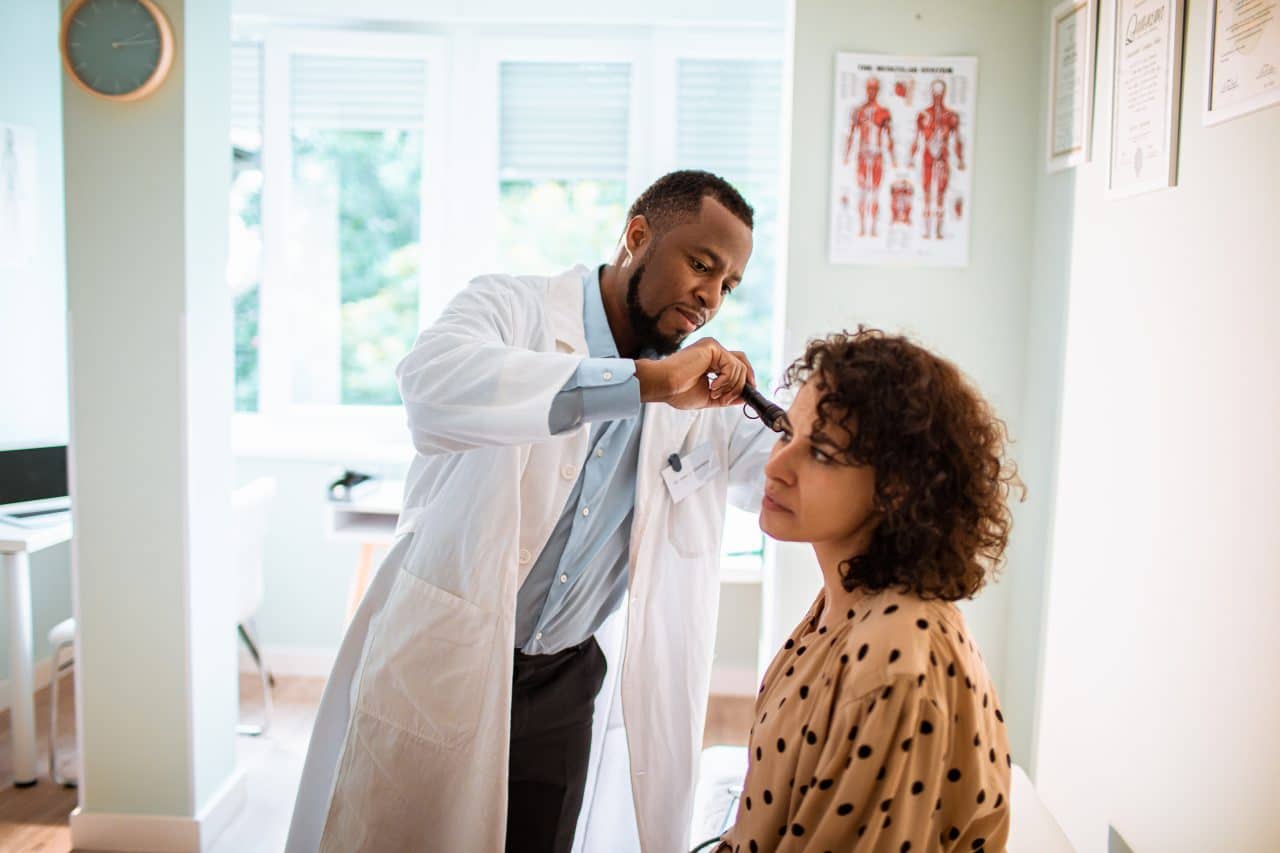“Normal hearing” is a term commonly thrown around by audiologists to better explain what those with hearing loss can and cannot hear. Below is a look at the different degrees of hearing loss and what exactly is considered normal.
How Sounds Are Measured

There are two measurements when it comes to sound: Hertz (Hz) and decibels (dB).
Hertz is the measurement of a sound’s frequency or pitch. This is how many times per second a soundwave repeats itself. A drum and a bullfrog produce lower pitched sounds while a whistle and a cricket produce high-pitched sounds. Humans with normal hearing can hear sounds between 20 and 20,000 Hz.
Decibels are the measurement of how loud a sound is. The following list, which was put together by the National Institute on Deafness and Other Communication Disorders (NIDCD) includes the average decibel ratings of familiar sounds:
- Breathing: 10 dB.
- Normal conversation: 60-70 dB.
- Movie theater: 74-104 dB.
- Dirt bikes racing: 80-110 dB.
- Sporting event at Kroger Field: 94-110 dB.
- Sirens: 110-129 dB.
- Fireworks: 140-160 dB.
Anything measuring 85 dB or more can cause permanent damage to the delicate hair cells within the inner ear.
Degrees of Hearing Loss
Hearing loss can be broken down into five different degrees, depending on which sounds you cannot hear. These degrees include:
- Slight – cannot hear sounds below 15 to 20 dB.
- Mild – cannot hear sounds below 26 to 40 dB.
- Moderate – cannot hear sounds below 40 to 69 dB.
- Severe – cannot hear sounds below 70 to 94 dB.
- Profound – cannot hear sounds lower than 95 dB.
Hearing Loss Testing
Determining your exact degree of hearing loss is crucial, as your audiologist will use this information to create a unique treatment plan. To do so they will conduct a series of hearing tests, which may include:
- Pure tone testing.
- Bone conduction testing.
- Speech testing.
- Tympanometry.
- Acoustic reflex testing.
- Auditory brainstem response.
- Otoacoustic emissions.
To learn more about the different types of hearing loss or to schedule an appointment with a hearing professional, contact The Hearing & Speech Center today.